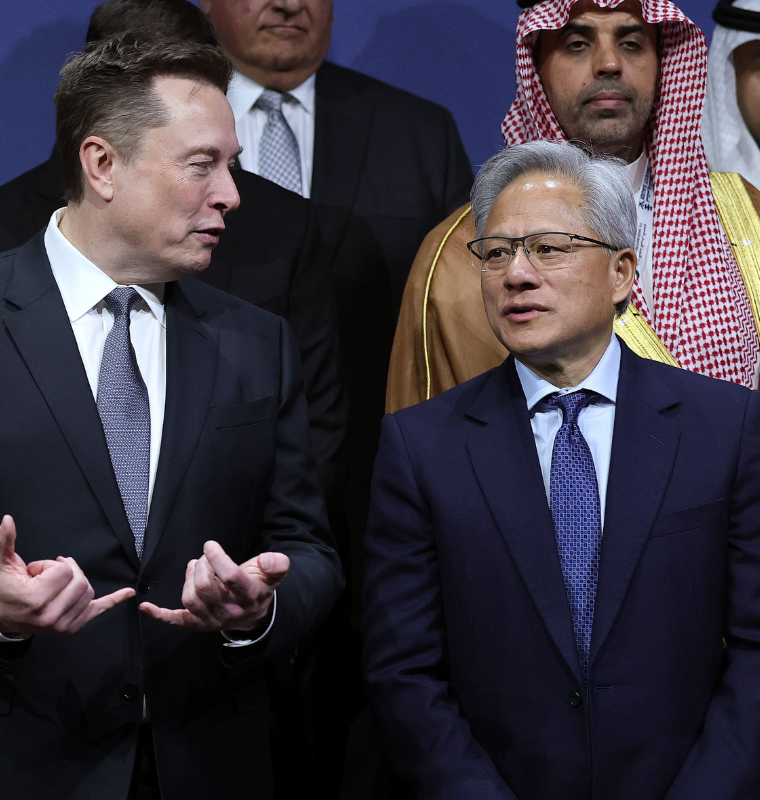Judge Halts Disclosure of Grand Jury Files in Comey Case
Judge Halts Disclosure of Grand Jury Files in Comey Case
By
Calder Monroe
Last updated:
November 18, 2025
First Published:
November 18, 2025

Photo: CBS News
A federal judge has temporarily blocked an order that would have required the Department of Justice to hand over all grand jury materials to former FBI Director James Comey. The materials relate to Comey’s criminal indictment over allegedly providing false testimony to Congress in 2020, a case already under intense scrutiny due to concerns about how it was brought.
Background of the Case
Comey was indicted in late September on charges of making false statements and obstruction tied to his 2020 Senate Judiciary Committee appearance. During that testimony, he denied authorizing anyone within the FBI to serve as an anonymous source for media reports connected to the investigation of Hillary Clinton’s emails.
The indictment was handled by interim U.S. Attorney Lindsey Halligan, who was appointed directly by former President Donald Trump. Her appointment followed the refusal of her predecessor to pursue charges against Comey, a longtime critic and target of Trump. The case has unfolded amid heightened political tension, given Trump’s public calls for Comey’s prosecution just days before the indictment was issued.
Why the Judge Intervened
Judge Michael Nachmanoff of the Eastern District of Virginia stepped in only hours after Magistrate Judge William Fitzpatrick ordered the DOJ to release a full set of grand jury records and an audio recording of the proceedings to Comey’s defense team. Nachmanoff is now evaluating objections from the DOJ and supporting arguments from Comey’s attorneys before deciding whether the order should take effect.
The DOJ has until Wednesday to file its objections, while Comey’s lawyers must respond by Friday. This procedural pause signals that the court recognizes the high-stakes nature of this dispute, particularly given the unusual remedy that Fitzpatrick proposed.
Alleged Misconduct and Its Implications
Magistrate Judge Fitzpatrick’s earlier ruling strongly indicated that the indictment could be dismissed due to concerns about misconduct during the grand jury process. Fitzpatrick wrote that government actions appeared to raise “genuine issues of misconduct,” whether intentional, reckless, or negligent.
According to his opinion, Halligan may have violated court orders, breached Comey’s Fourth Amendment protections, and introduced statements to the grand jury that were fundamentally incorrect. Fitzpatrick identified at least two significant misstatements of law that could have distorted the grand jury’s understanding of Comey’s rights and the underlying legal standards.
One statement, which he labeled “highly prejudicial,” suggested Comey lacked a Fifth Amendment right to refuse testimony at trial — a core constitutional protection. Such errors, if confirmed, could undermine the integrity of the entire grand jury process.
Concerns Over Attorney-Client Privilege
The magistrate also noted that the lone FBI agent who testified before the grand jury was warned that the investigative materials might contain privileged attorney-client information. That warning raised additional concerns about whether the prosecution handled sensitive evidence appropriately and whether the grand jury was exposed to information it should not have received.
Why Disclosure Was Ordered
Fitzpatrick acknowledged that ordering the DOJ to turn over grand jury transcripts and recordings is an “extraordinary” and rare measure. However, he argued that the gravity of the defense’s allegations, combined with the possibility that the process was tainted, required full transparency to protect Comey’s rights.
If the court finds that the misconduct compromised the fairness of the proceedings, dismissal of the indictment would become a real possibility — a highly unusual outcome in a federal case of this profile.
Next Steps in the Legal Process
Comey’s trial is currently scheduled for January 5. Whether that timeline holds will depend heavily on how Judge Nachmanoff rules on the disclosure issue and whether Fitzpatrick’s concerns lead to a broader inquiry into the conduct of the prosecution.
The DOJ now faces mounting pressure to justify its actions during the grand jury phase, while Comey’s defense continues to argue that the case reflects political interference rather than legitimate prosecution. The coming filings will likely determine whether this case proceeds to trial, is delayed, or collapses entirely.
Popular articles
Subscribe to unlock premium content
How Adults Are Paying to Experience Silent Daylong Festivals for Mindfulness

The Rise of Ultra-Personalized Scent Memory Experiences Using Olfactory Therapy

Why Some Millennials Are Paying for One-Day Luxury Survival Challenges in Nature

How Adults Are Paying to Experience Silent Daylong Festivals for Mindfulness

The Rise of Ultra-Personalized Scent Memory Experiences Using Olfactory Therapy

How Adults Are Paying to Experience Silent Daylong Festivals for Mindfulness







.png)

